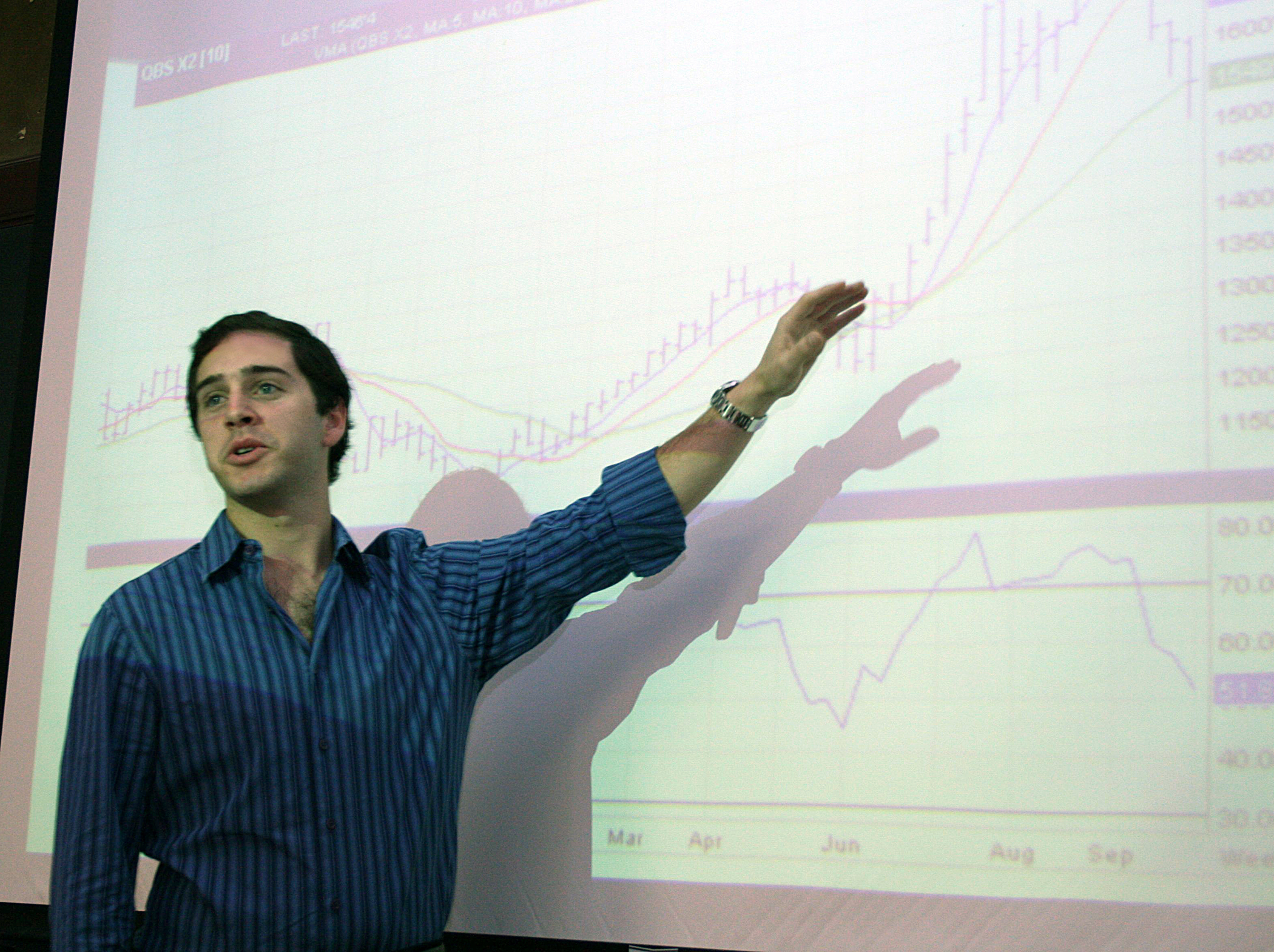Virginia Tech students invest $500,000 in agricultural commodities

Virginia Tech students are getting hands-on experience in risk and financial management by using $500,000 in real money to invest in agricultural commodities that could yield high returns for the university’s foundation.
The Department of Agricultural and Applied Economics in the College of Agricultural and Life Sciences, with help from an endowment from the Virginia Tech Foundation, has created the Commodity Investing by Students fund.
Students in agricultural and applied economics, along with finance majors in the Pamplin College of Business, run the fund with guidance from faculty advisers. Each of the 12 students is responsible to research or oversee an agricultural commodity, such as corn, soybeans, or livestock. Each student looks for trends, including weather patterns, political developments, crop diseases, and other market trends that impact commodity prices and cause shifts in supply and demand.
“The student-run fund provides hands-on opportunities for students to perform supply and demand analysis of agricultural commodities while also learning how to create, monitor, and adjust an investment portfolio," said Hyrum Smith, an assistant professor in agricultural and applied economics who focuses on personal financial planning and is a faculty advisor to the students. “As far as I am aware, this is the only student-run agricultural commodities fund in the nation.”
The potential returns from the investments go to the foundation and COINS receives about 0.5 percent to cover operational expenses.
Students dedicate up to 20 hours a week to the program and set portfolio goals, keep records, and report on commodity performance. Though no course credits are given, students say they appreciate the unique opportunity that the fund has to offer.
“We’re gaining real-life experience,” said Nathan Butler of Midland, Va., a junior majoring in agricultural and applied economics. “We're able to make decisions with real money, and we will have a leg up in the highly competitive money management market.”
Students need a two-thirds majority vote before making their recommendations to the advisors who will place the trade with a broker. The students are investing in exchange-traded funds, which are similar to mutual funds. Mutual funds are created when a company brings together money from many people and invests primarily in stocks, bonds, or other assets. The difference is that exchange traded-funds can be traded throughout the day and are less volatile than individual stocks and cheaper than most mutual funds.
“With this investing experience, students reinforce concepts and theories learned in class, think strategically, and create investment strategies that could benefit the university,” said Jason Grant, an assistant professor of agricultural and applied economics who is also a student advisor.
At one session, the students paid close attention to recent events that moved the market. Ian Drangfield of Union, W.Va., an agricultural and applied economics major, noted that hog prices were starting to rise, following a sharp decline during the summer when feed prices soared.
Alex Cunigan of Catharpin, Va., a junior majoring in economics and finance in the Pamplin College of Business, pointed out that cotton prices were down because of an oversupply and weak demand amid a global economic slowdown. Import demand by China, the biggest consumer, may decline because of ample domestic supplies.
“It’s all about analyzing data, looking at historic and marketing data, and trends in prices,” Cunigan said.
Grant said the students’ investments have the potential to bring in higher returns over time for the Virginia Tech Foundation because growing populations in Brazil, Russia, India, and China have recently propelled the agricultural commodity market into a bullish rally.
“An emerging and hungry middle class in China and India has shifted the demand curve for agricultural commodities,” Grant said.



